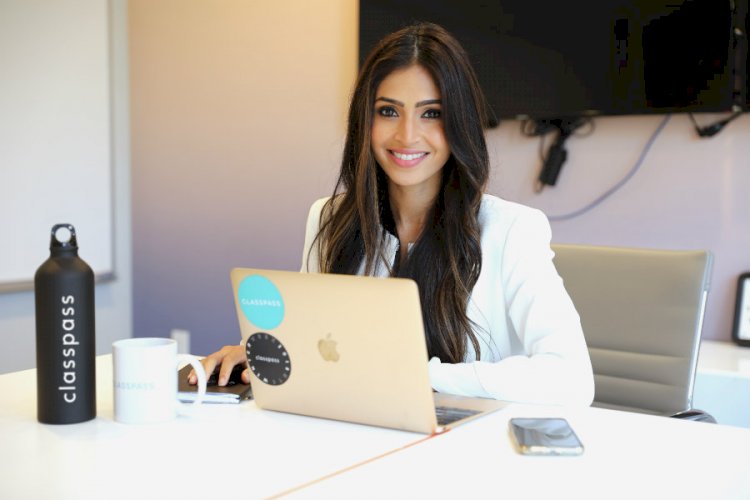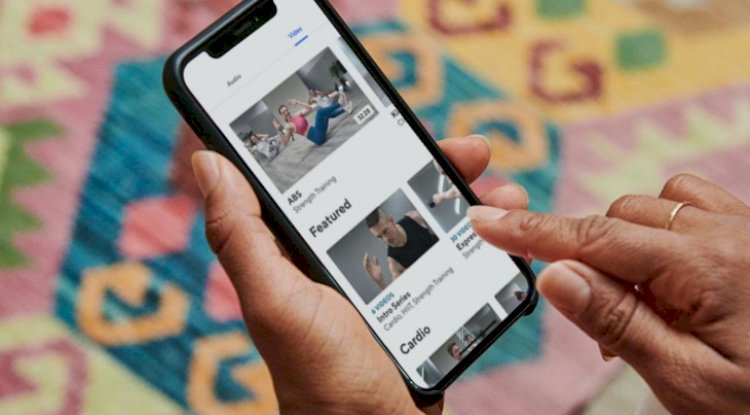After 2 Major Setbacks, This Dancer Got Google To Support Her $ 50 million Business
How often have you turned your hobby into a job? Well, in the beginning, even Payal Kadakia thought she would continue in the corporate world, but it wasn't her destiny. She has been dancing to Indian melodies since she was three and is her favorite companion. But how did she become a businesswoman and get Google to support her?
By contentwriteramisha

Payal's parents, both chemists, immigrated to the United States from India in search of a better future. She watched Bollywood films from an early age and taught herself to dance to Indian beats. She went to the Massachusetts Institute of Technology, where she majored in economics and operations research. Her studies and skills brought her job to a consulting firm. Alongside her work, she continued to dance and founded a South Asian dance company to cultivate and develop her passion for dance.
One day she was browsing the internet looking for a dance class and was disappointed because even though he spent hours looking for the class, all he got was incomplete. His idea to start a business was hidden in this frustration. Then she gets to know about the classivity who offers information regarding the fitness and dance. Although this gave him a large number of page views, his establishment failed because people did not just order through his services.
This is called Payal to upgrade and reinstall your product so that people can actually use the operating system as they enter lessons. For someone else, it may have been a great failure to see your first entrepreneurial collapse, but Kadakia did not stop until he created what people really used and went to school.

This required Payment to revamp its product and rebuild it in such a way that people use its platform to attend classes. It was probably a big blow to someone else that his first entrepreneurial spirit failed, but Kadakia did not give up until he created something that people used and attended in his classes.
In 2012, she invented the pass that gives users 10 chances to try a class in a new studio. But consumers wanted to get back to their favorite topics and start hacking products by signing up for fake emails. It was the second time in a row that his idea had wrested the desired result from her.
For the third time, it must have been magical. So far, Payal has understood people's expectations and the gaps they fill. In 2013, he launched ClassPass, where he could attend an unlimited number of courses for a $ 99 monthly membership. The only limitation was that three courses a month could be taken in the same studio.
He quit his job as soon as he realized that people wouldn't take him seriously if he didn't fully dedicate himself to ClassPass. By creating a failed search engine today, Payal manages a team of over 170 people and motivates people to take the time to do things that improve their quality of life.
The idea of ClassPass was a huge success and became the cover of the New York Times art department before the company bought its website. In November 2015, it received $ 30 million in funding from Google Ventures and another $ 54 million from other sources.

ClassPass has more than 1,000 lecture lists and is available in 34 cities spanning four provinces. This rate also caused ClassPass to increase the membership fee to $ 190 a month for returning customers and $ 200 a month for new customers. Payal says its use of apps has doubled in the past year.
However, these growth figures could no longer satisfy Payal's growth. His long-term vision puts society in a greater position than it is today. His plan is to create a “life passport” that offers “soul care experiences” such as cooking classes, massage, and more.
Express your opinion by writing in the comments section below.
What's Your Reaction?



















